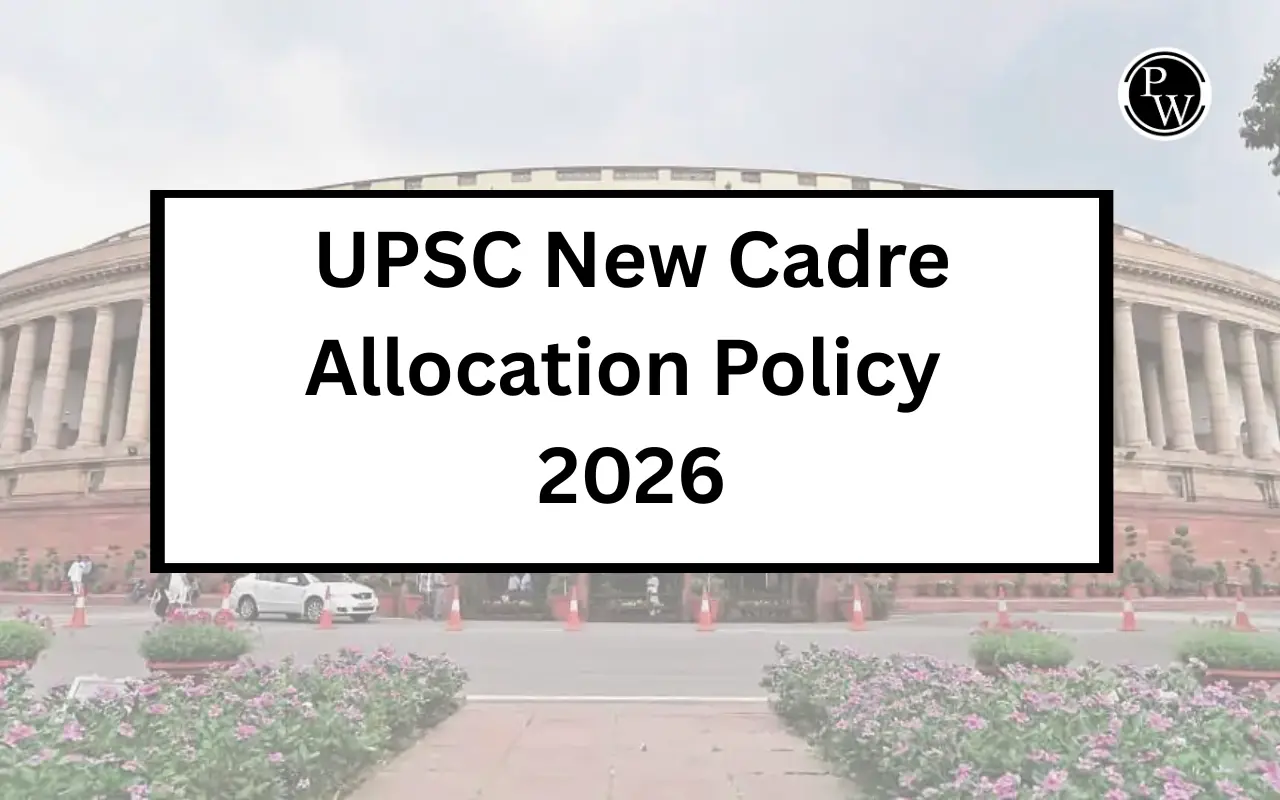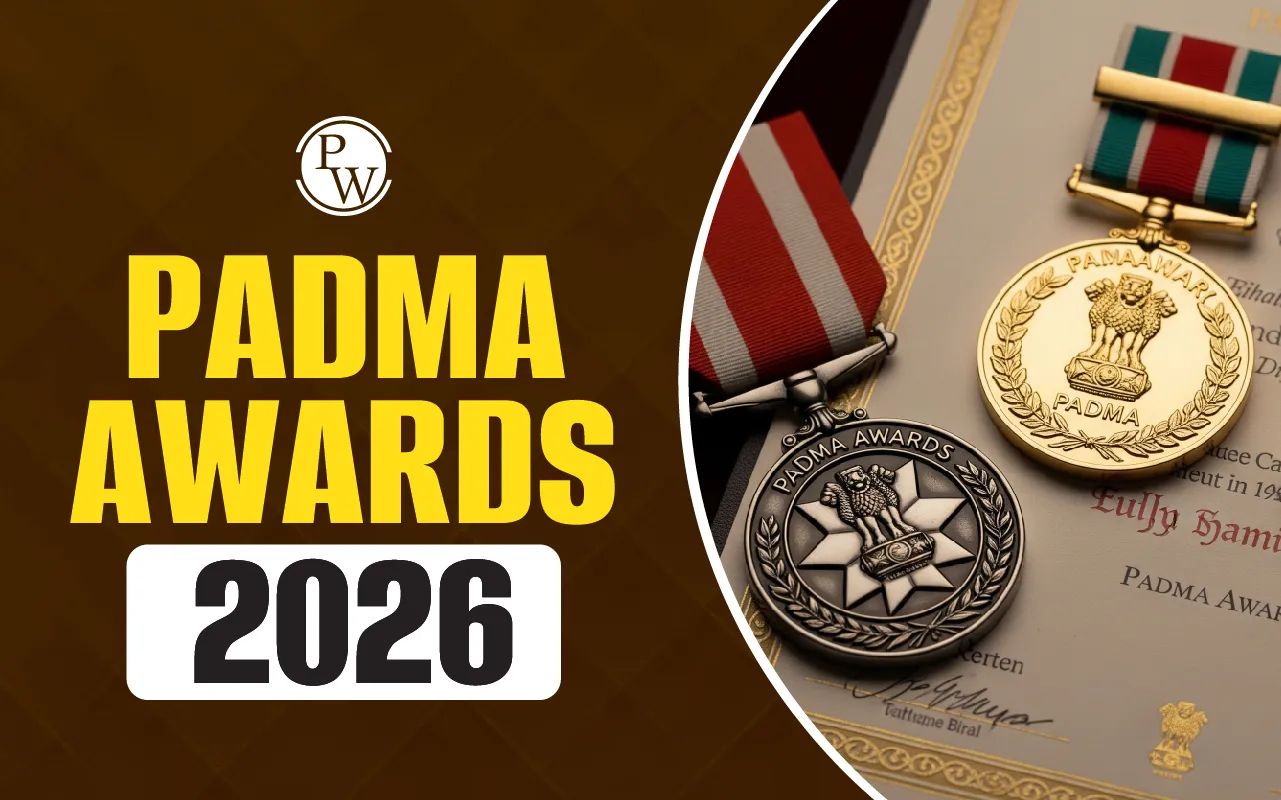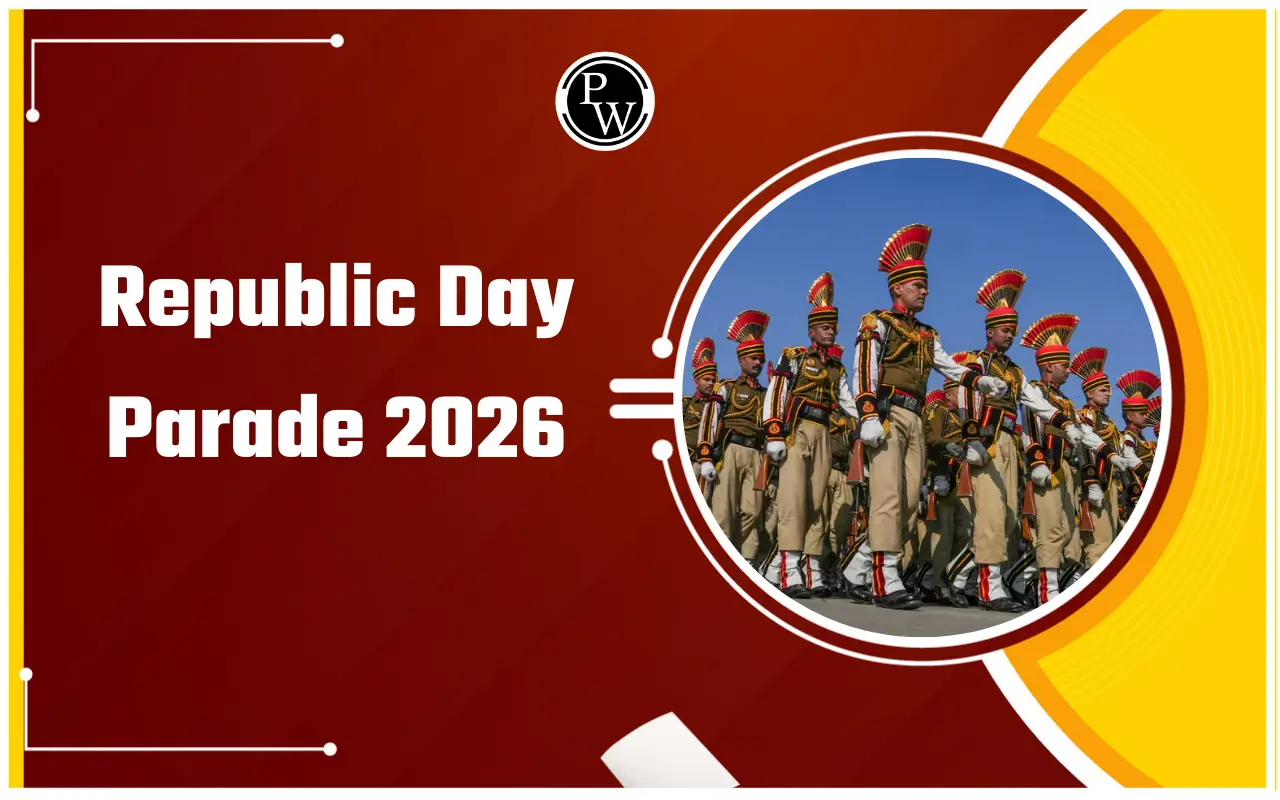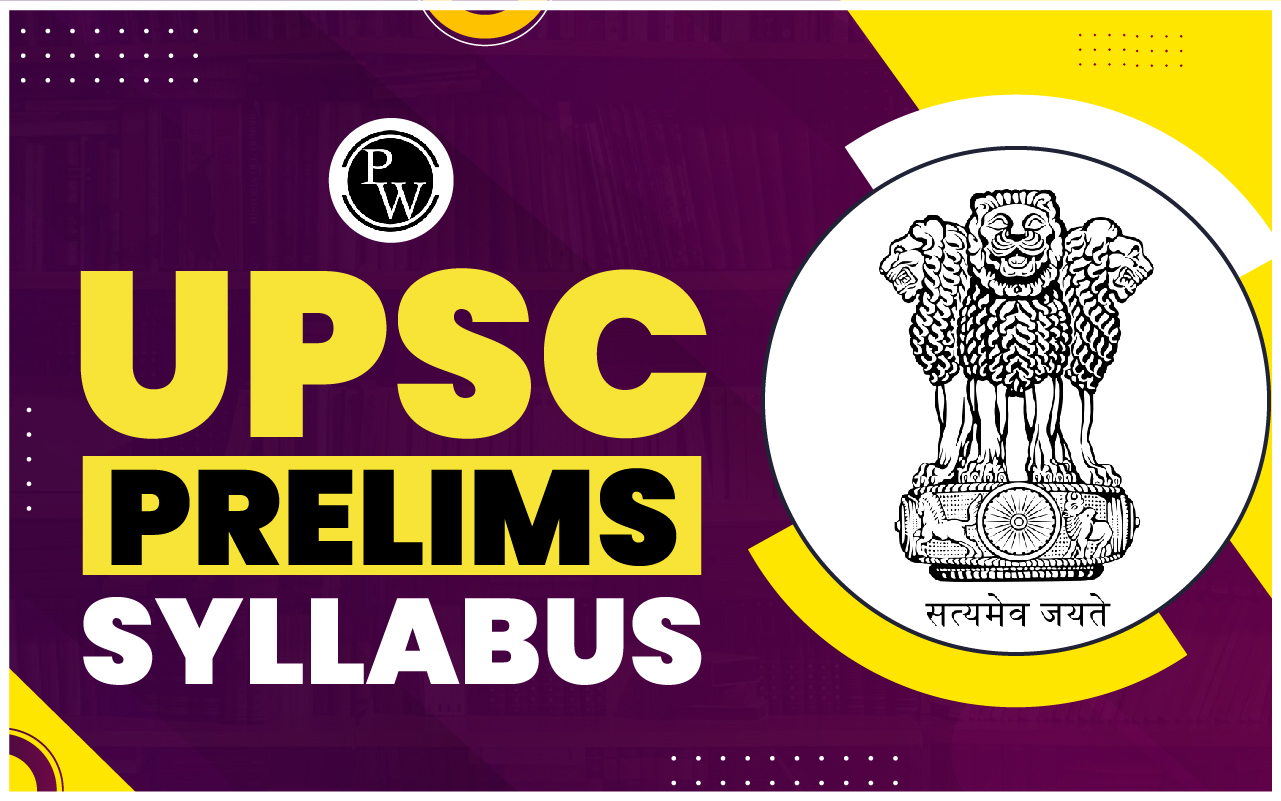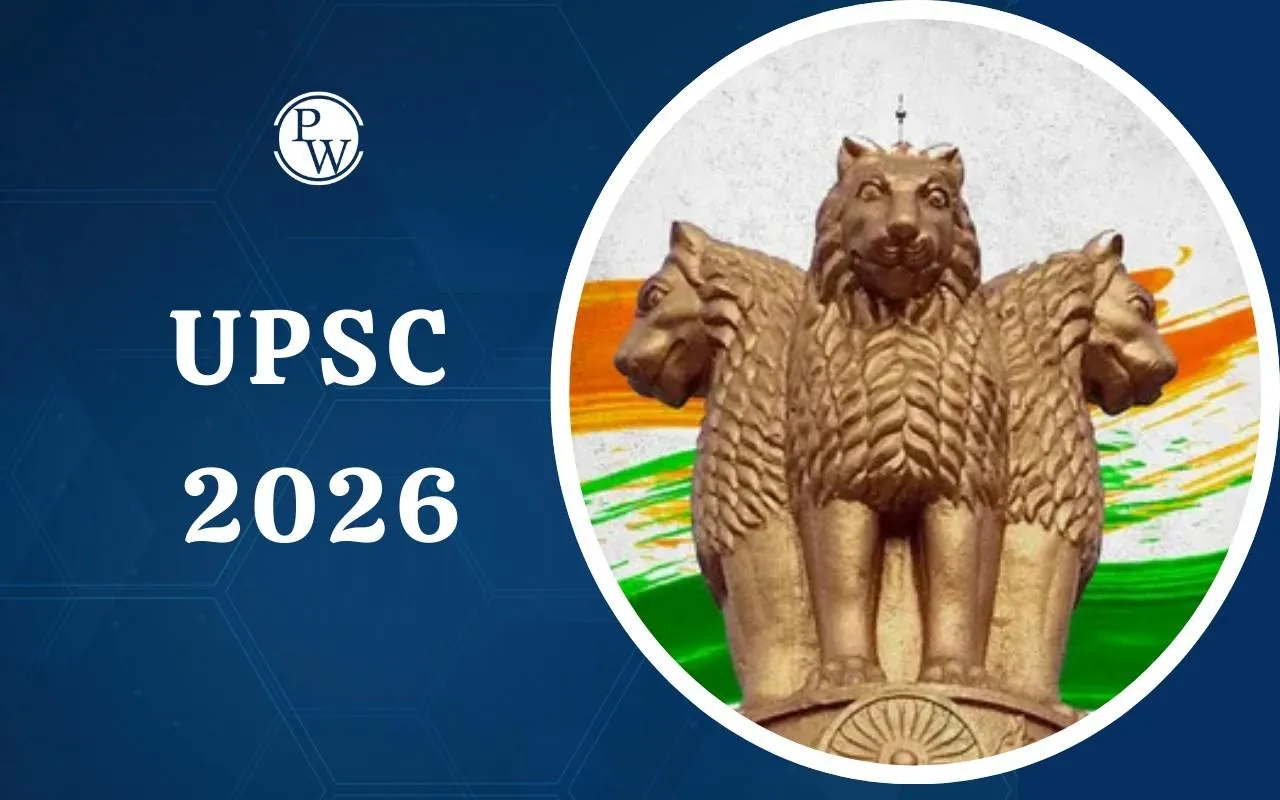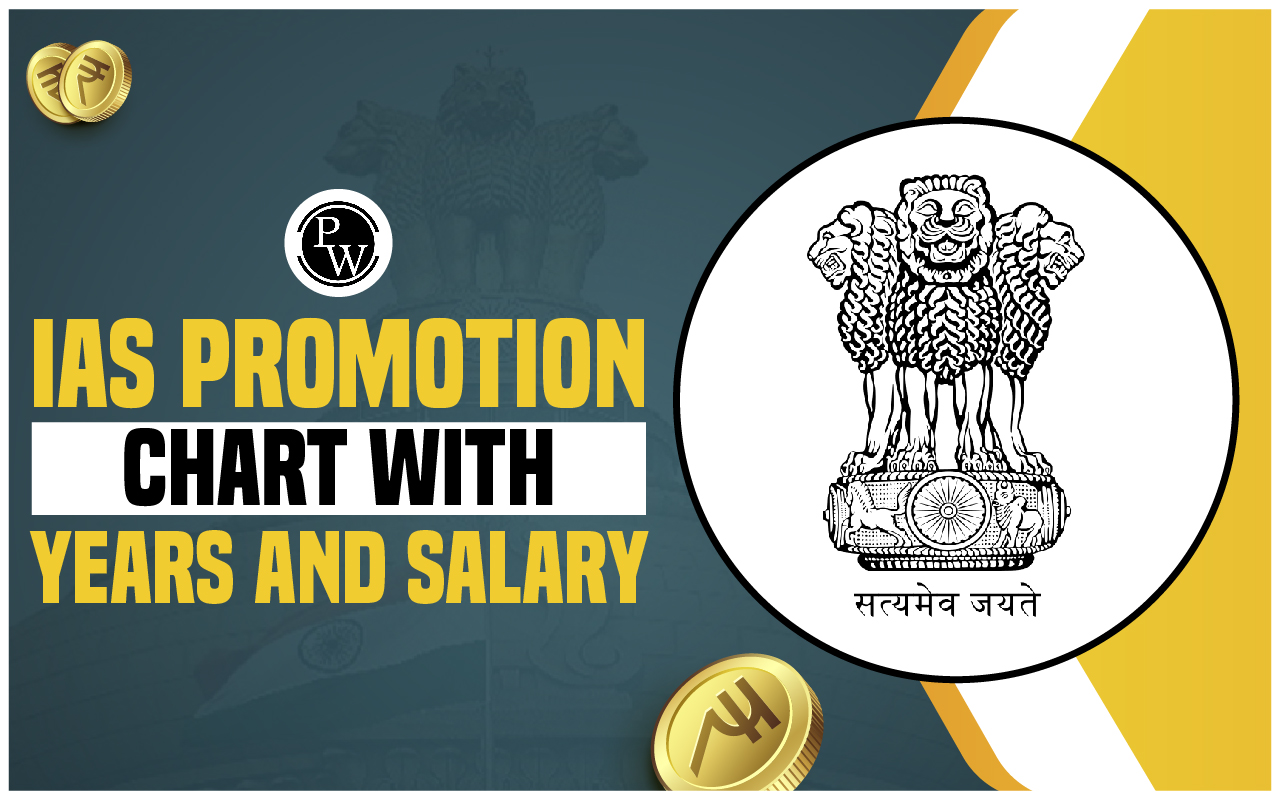
UPSC Economics Optional Syllabus 2025: Economics is one of the 48 optional subjects of the UPSC Civil Services Exam . The Economics optional subject covers a wide range of topics, including microeconomics, macroeconomics, Indian economic development, international economics, and mathematical methods in economics. Candidates are expected to have a thorough understanding of economic theories, principles, and their practical applications. Read on for the detailed UPSC Economics Optional Syllabus 2025!
UPSC Mains Economics Optional Subject
The Economics Optional in the UPSC Mains is a popular choice among candidates with backgrounds in economics, commerce, management, or engineering. It is known for its analytical depth, overlap with General Studies (especially Paper III), and scoring potential for candidates with strong conceptual clarity.
By choosing Economics, candidates engage with analytical concepts while gaining insight into current economic issues. The Economics optional paper in the UPSC exam consists of two papers: Paper I and Paper II. Paper I covers microeconomics, macroeconomics, Indian economic development, and statistical methods, while Paper II focuses on the Indian economy, economic thought, and international economics.
Both papers assess candidates' understanding of economic concepts and their ability to analyze economic issues, and are worth 500 marks.
UPSC Economics Optional Syllabus 2025
The Economics optional syllabus for the UPSC exam is structured to provide a deep understanding of economic principles and their applications. It covers various branches of economics, including microeconomics, macroeconomics, Indian economic development, international economics, and mathematical methods in economics.UPSC Economics Optional Syllabus For Paper I
Here's the detailed syllabus for UPSC Economics Optional Paper I as per the latest pattern:
| Topics | Sub Topics |
|
|
|
|
|
|
|
|
|
|
UPSC Economics Optional Syllabus For Paper 2
Here's the detailed syllabus for UPSC Economics Optional Paper II as per the latest pattern:
| Topics | Sub Topics |
|
Land Systems & its Changes, Commercialization of Agriculture Drain Theory, Laissez-Faire Theory & Critique. Manufacture & Transport: Jute, Cotton, Railways, Money & Credit. |
|
|
UPSC Economics Optional Books
Choosing the right Economics optional books is vital for comprehensive preparation. Some recommended books for the Economics optional include-
Basic NCERT Books For UPSC Economics Optional
-
- Class 11th and 12th NCERT for basics
- "Indian Economy" by Ramesh Singh.
-
Reference Books For UPSC Economics Optional Paper I
-
Microeconomics:
-
-
- H.L Ahuja for Microeconomics
- Advanced Economic Theory: Microeconomic Analysis – H. L. Ahuja
- Modern Microeconomics – A. Koutsoyiannis
- Monetary Economics – S. B. Gupta
-
-
Macroeconomics:
-
-
- Musgrave for Public Finance
- RBI Website for Banking Concepts & latest Monetary Policy
- Richard Froyen for Macroeconomics
- H.L Bhatia for Public Finance
-
-
International Economics
-
-
- International Economics by Paul Krugman and Maurice Obstfeld.
- International Economics – D. Salvatore
- Open Economy Macroeconomics from Froyen
- Websites of WTO, Euro Zone, Trade Blocs
- Dominick and Salvatore for International Economics
-
-
Growth and Development
-
-
- A.P Thirlwall for Growth and Development
- Economic Development by Todaro & Smith
- Human Development Report and Other Important Indicators.
-
-
Reference Books For UPSC Economics Optional Paper II
- Pre Independence Indian Economy: Trithankar Roy
- Indian Economy since Independence: Uma Kapila
- Economic Survey: Current & Last year
- RBI website, NITI Aayog, PIB, & PRS
UPSC Economics Optional Question Paper Pattern
Economics Optional paper is divided into two papers, Paper I and Paper II. Each paper is allocated 250 marks. Paper I is divided into two sections. Both sections have four questions. Question 1 from section 1 and Question 5 from section 2 are compulsory. Out of the remaining 6 questions, candidates are allowed to choose their questions. Here, Candidates have to apply their strategy by picking the most mark-fetching questions where they feel they can write the best answer.| Particular | Details |
| Total Papers | Two papers, Paper I and Paper II |
| Total Marks | 500 (250 Each) |
| Time allowed | 3 Hours for each paper |
| Sections | Section A and Section B |
| Questions | total 8 questions with subparts |
| Compulsory Question | Question Nos. 1 and 5 |
| Marks Distribution | 10, 15, and 20 marker questions |
| Writing Language | Malayalam |
UPSC Economics Optional Previous Year Questions (PYQ)
Practicing Economics optional previous year questions is crucial for familiarizing oneself with the exam pattern and understanding the types of questions asked. Analyzing PYQs can also help identify recurring themes and topics that require more attention during preparation. Additionally, solving PYQs under timed conditions can improve speed and accuracy during the actual exam:| Year | UPSC Economics Optional Question Papers PDF Link |
| 2024 | |
| 2023 | |
| 2022 |
Benefits of UPSC Economics Optional
Choosing economics optional as a subject in UPSC has its pros and cons of this subject. Let us see both aspects:| Pros | Cons |
|
|
Preparation Strategy for UPSC Economics as an Optional
To prepare for economics as an optional subjects, one need a proper strategy and approach for mastering this subject. It can be covered in the following ways:- Conceptual Clarity First- Master the core concepts of microeconomics, macroeconomics, and the Indian economy, and understand economic theories, models, and policies.
- Syllabus Familiarization- Review the entire syllabus for Economics optional. Break it down into sections and plan your study accordingly. Make concise notes while studying. These will aid in revision.
- Note-taking: Taking good notes is really important. Keep your notes short and clear, covering main ideas, theories, and case studies. Arrange your notes neatly so you can understand them easily and remember better. Don't forget to review and update your notes regularly to keep up with any new information and strengthen your understanding.
- Interlinking Paper I and Paper II- Try to connect concepts between Paper I (microeconomics) and Paper II (macroeconomics). Understand the interplay of economic theories and policies.
- Practice Numerical Problems- Some topics require numerical analysis. Be prepared with data for certain topics and subtopics.
- Answer Writing/Test Series: Taking regular test series in the economics optional for UPSC is very important for effective preparation. It helps in assessing your understanding of key concepts, application of theories, and problem-solving skills under exam conditions. Additionally, it will help you in time management in the real exam.
- Stay Updated- Keep track of current economic developments. Read newspapers and relevant articles. Familiarize yourself with contemporary economic issues.
Consider exploring PW UPSC courses that offer the guidance and support to help you!
UPSC Economics Optional Syllabus Syllabus FAQs
Is economics a good optional for UPSC?
Is the economy for UPSC tough?
Is Indian Economy by Ramesh Singh enough for UPSC Preparation?
How can I improve my answer-writing skills in economics optional?
Is it necessary to cover current affairs in economics optional?
Can I excel in economics optional without an economics background?



